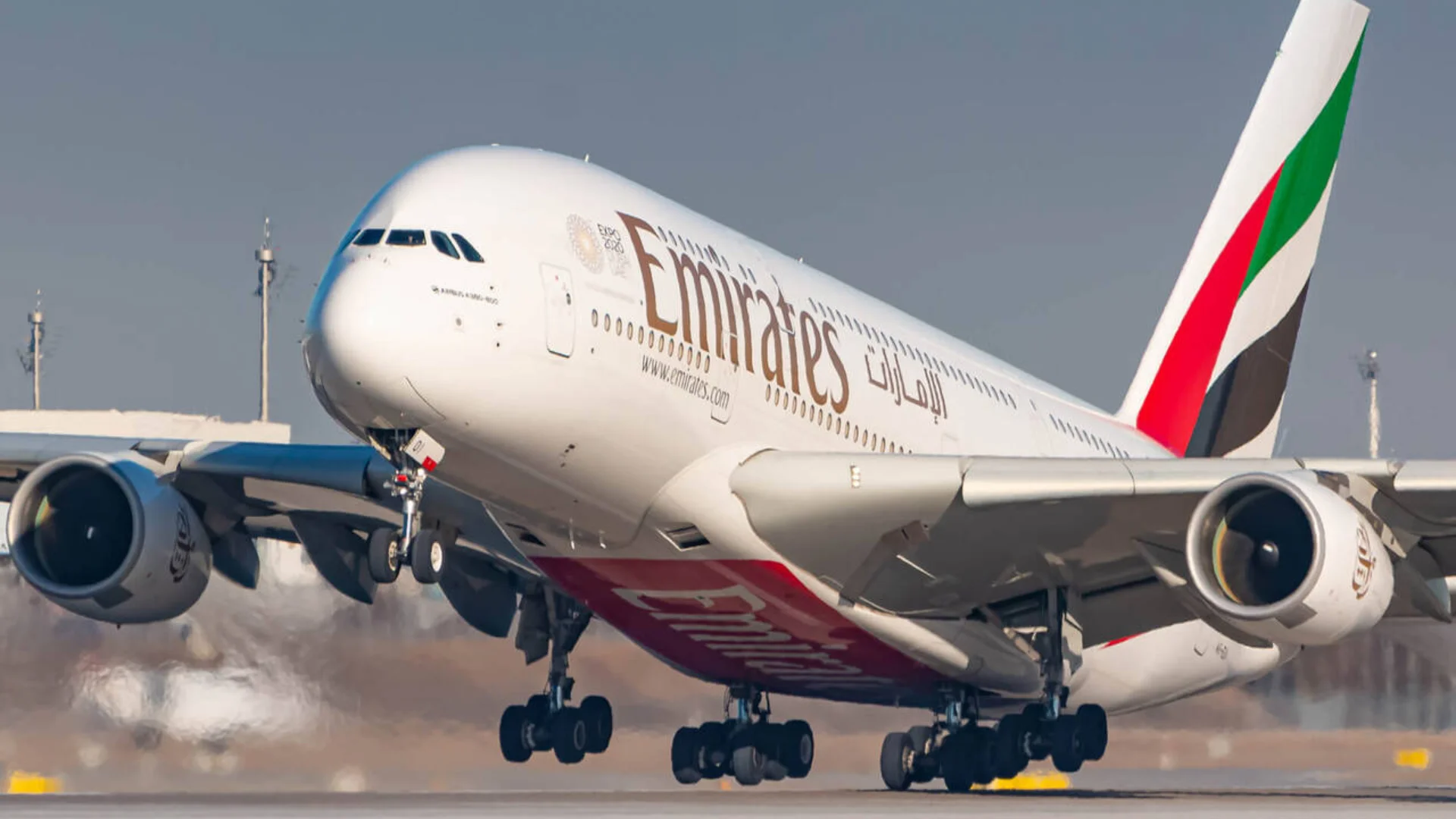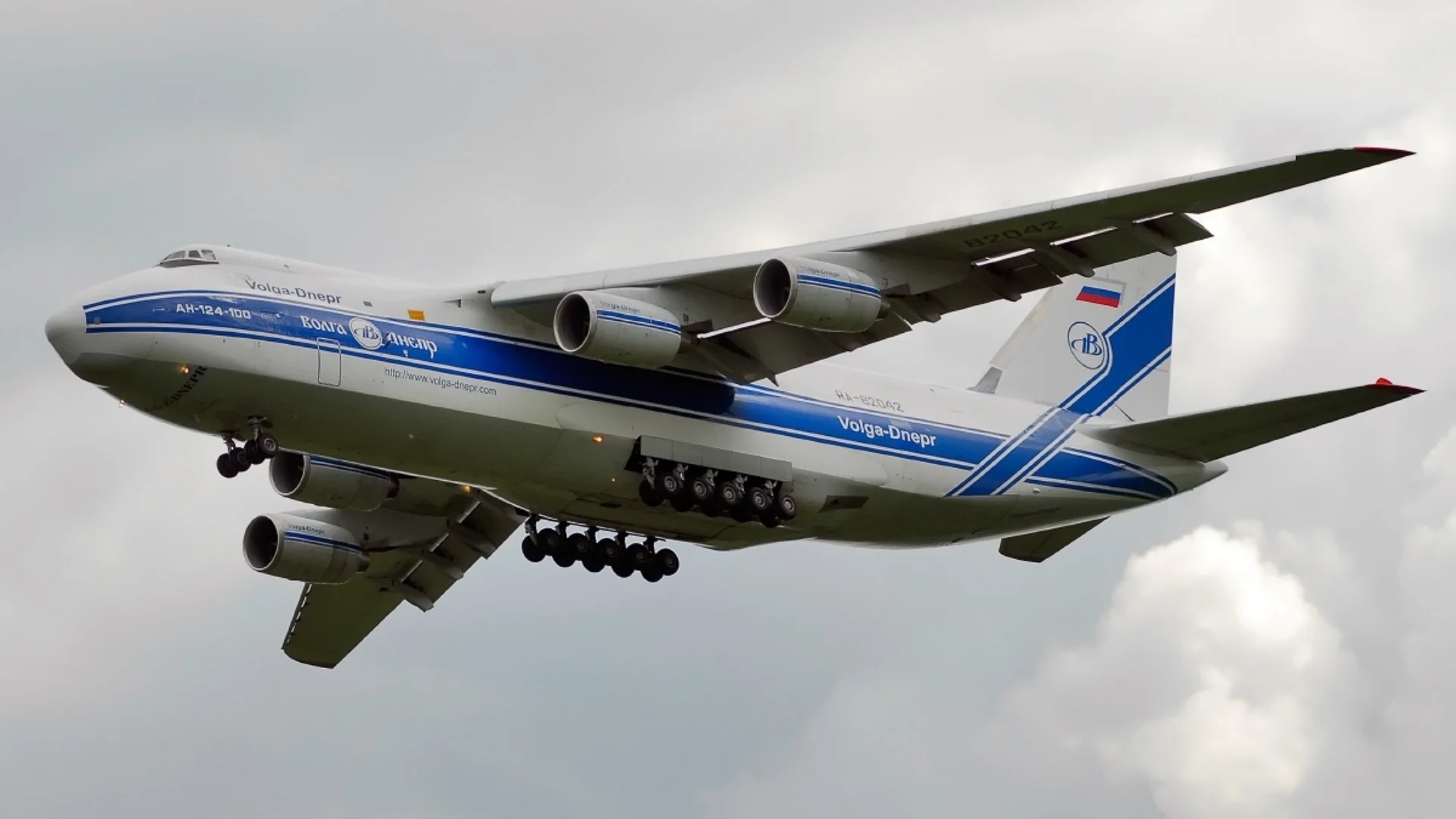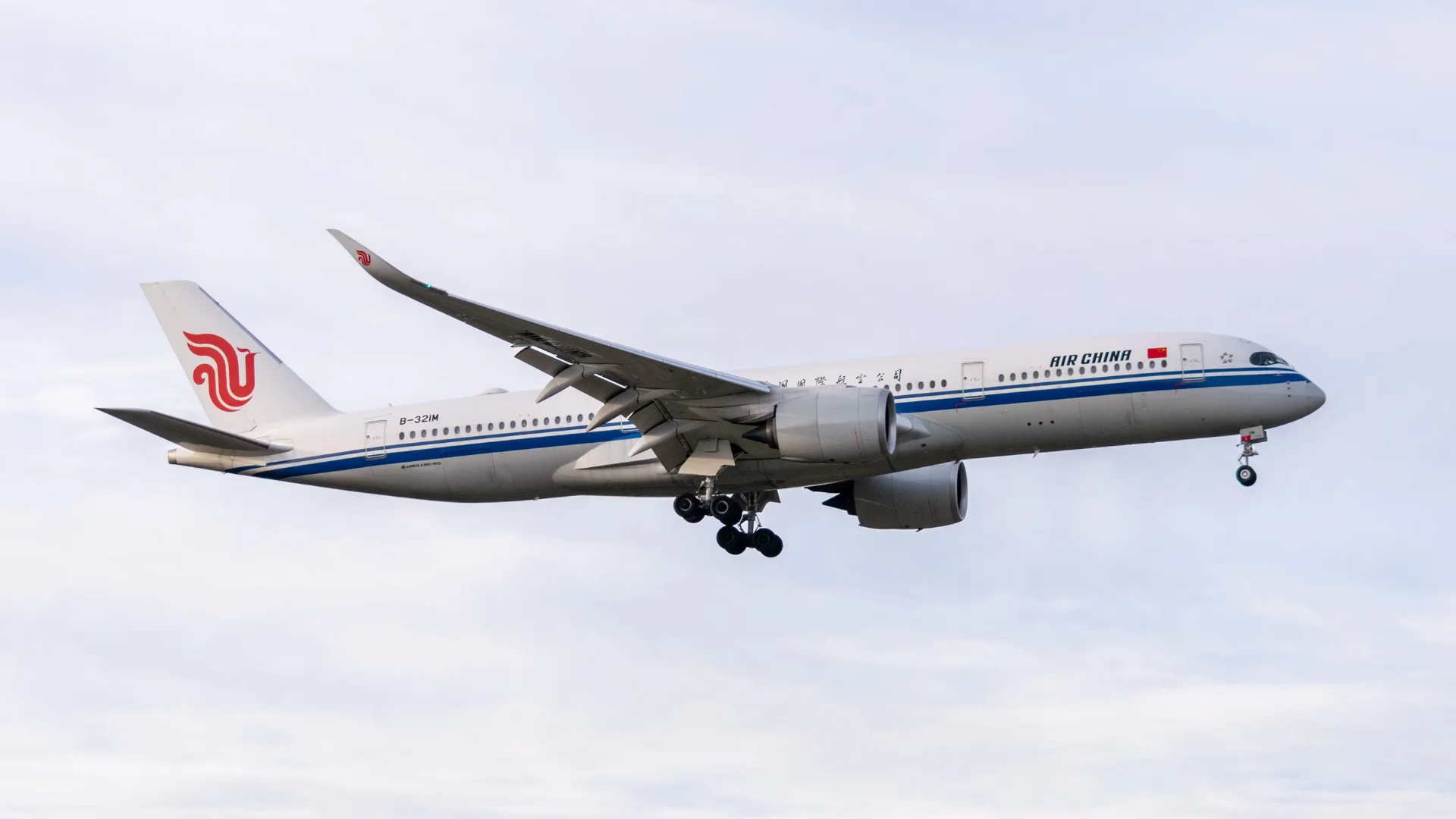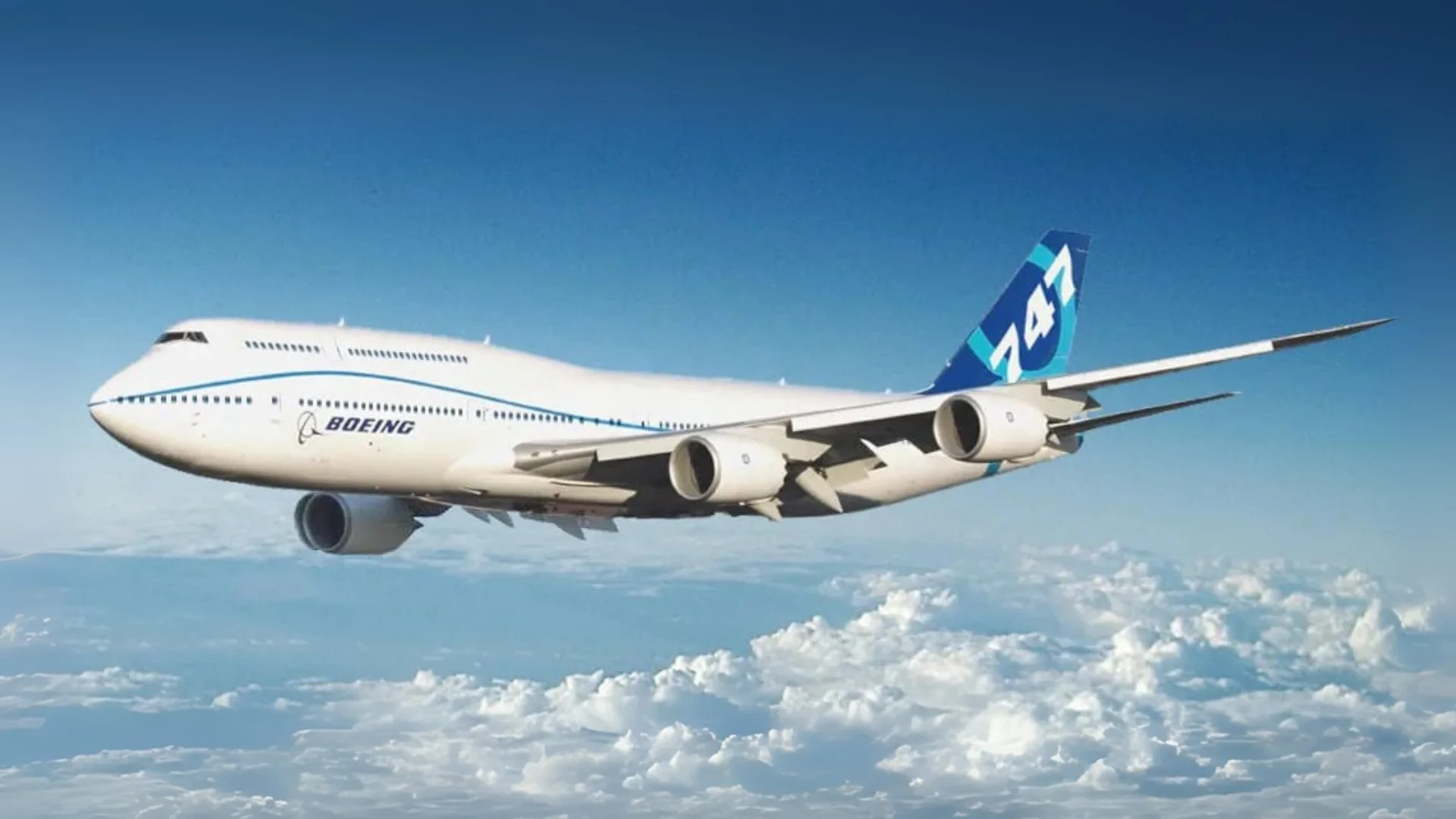The FAA enforces regulations found in Title 14 of the Code of Federal Regulations (CFR), primarily Part 91, which governs both general and commercial aviation for general operating and flight rules. Pilots must be familiar with these rules, as non-compliance can lead to enforcement actions, fines, or even suspension of their certificates.
The most common types of flight violations fall into several categories. These include airspace violations, ATC non-compliance, medical certification breaches, and reckless operations.
Airspace, ATC, and flight path violations
Airspace violations occur when a pilot enters restricted or controlled airspace without proper authorization. These can include unauthorized entry into Class A, B, C, or D airspace without clearance, which can cause conflicts with commercial traffic and military operations.
Temporary Flight Restriction (TFR) violations involve breaching airspace designated for national security, disaster response, or special events, which may result in immediate legal action. Additionally, Special Use Airspace (SUA) violations involve entering prohibited or military operations areas (MOAs) without prior authorization.
Air traffic control is crucial in managing airspace and preventing midair collisions. Pilots who ignore ATC clearances or fail to maintain two-way radio communication in controlled airspace can face significant penalties. Compliance with ATC instructions is critical unless a pilot declares an emergency.
Another major violation involves flying below minimum safe altitudes as defined in 14 CFR § 91.119.
Reckless or careless operation; alcohol and drug violations
The FAA strictly prohibits reckless or careless operations that endanger people or property. These violations include excessive low flying, aggressive maneuvering, and unsafe operations that could jeopardize public safety. Buzzing--flying at dangerously low altitudes near populated areas--is considered a serious offense.
"Most likely the phone call you will be making will be from the local jail if you violate this one," said Shackelford Law regarding substance abuse concerns in aviation safety.
Pilots are prohibited from operating an aircraft within eight hours of consuming alcohol or with a blood alcohol concentration (BAC) of 0.04% or higher. Additionally,"testing positive for unapproved substances results in severe penalties," including license suspension.
Aircraft maintenance and airworthiness violations
Pilots are responsible for ensuring the airworthiness of their aircraft before each flight. Operating an unairworthy aircraft as defined by 14 CFR § 91.7 is a serious violation that can compromise flight safety.
Failure to conduct required inspections can result in fines and certificate suspensions.
FAA enforcement actions for flight violations
When a flight violation occurs,"the FAA may impose various enforcement actions depending on the severity." These actions range from administrative warnings to certificate revocation.
How pilots can dispute an FAA violation
Pilots have several options to dispute FAA violations:
- Responding to the LOI
- Requesting an informal conference
- Filing a NASA ASRS report
- Appealing to the National Transportation Safety Board (NTSB)
- Seeking further review through Federal Court
"Should I call when given the number?" Under 14 CFR § 91.123 pilots are requested not instructed to contact ATC following an incident."
Accordingly,"contacting an aviation attorney before you call could be the best option depending on severity," advised Shackelford Law.
Related
 Alerts Sign-up
Alerts Sign-up























